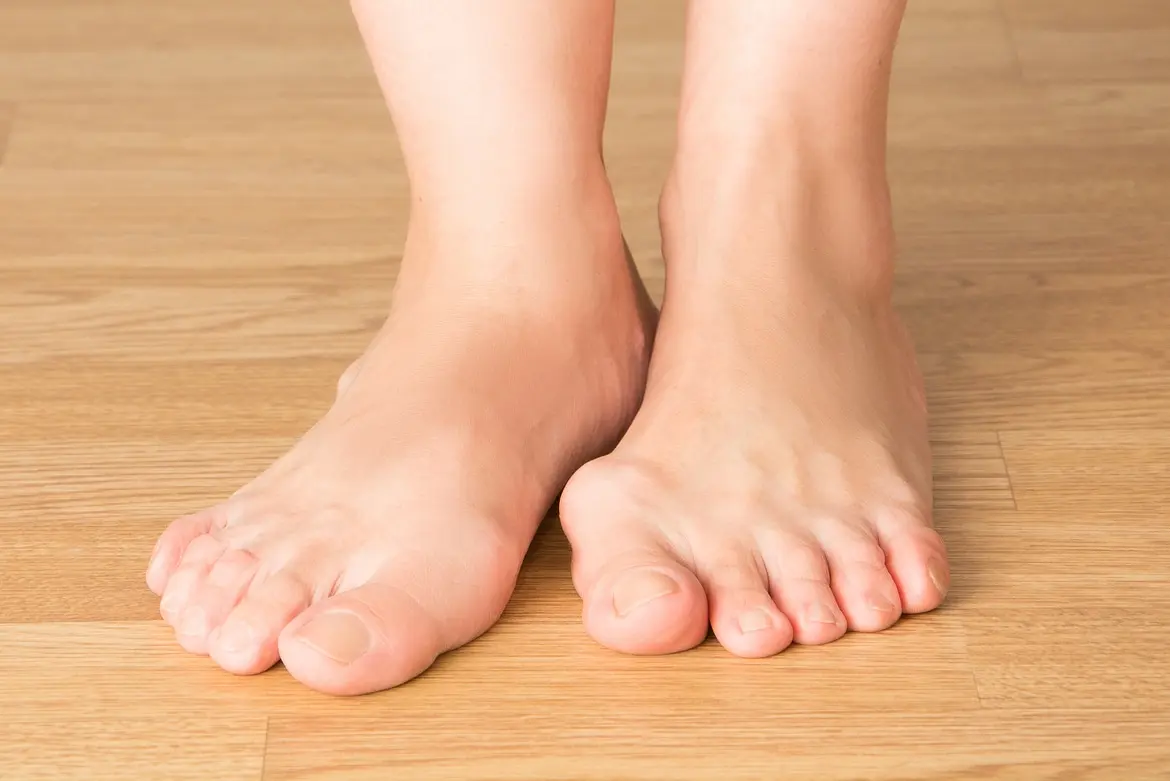Dr Kannan Kaliyaperumal
Orthopaedic Surgeon


Source: Shutterstock
Orthopaedic Surgeon
A gout attack is a sudden, severe attack of pain, swelling, redness and tenderness in the joints. It usually affects the big toe, foot, ankle, heel, instep and knee. The attack usually occurs suddenly, often waking you up in the middle of the night with the sensation that the affected joint is on fire, leading many people to seek immediate relief from gout pain.
Gout can also affect the joints of the upper limbs such as the fingers or wrists, although that is less common compared to the foot.
Gout is one of the most painful forms of arthritis (joint pain). It occurs when too much uric acid builds up in the body. Uric acid comes from the breakdown of substances called purines. Purines are found in all our body's tissues. They are also in many foods, such as liver, dried beans and peas, red meat and peanuts. Normally, uric acid dissolves in the blood. It passes through the kidneys and out of the body in urine.
Speak to a doctor to learn more about gout and its treatment options.
When uric acid levels in the blood are high, it is called hyperuricemia. Most people with hyperuricemia do not develop gout. But if excess uric acid crystals form in the body, gout can develop. It can attack the big toe, ankle, knee or elbow joints.
Your doctor will ask about your symptoms, medical history, and family history of gout.
For a diagnosis of gout to be made, you must have:
To confirm a diagnosis of gout, your doctor may draw a sample of fluid from an inflamed joint to look for crystals associated with gout.
Speak to an orthopaedic specialist at Parkway East Hospital.
In an acute gout attack, the doctor will splint the joint with a compression bandage or ice pack.
Additionally, there are also medicines that lower the level of uric acid in the blood over the long term. Your doctor may start you on the medications after through checks and discussion with you.
There is no evidence to directly link diuretics usage to gout. However, as the diuretics tend to make a patient pass out more urine, it can lead to dehydration. The dehydration can trigger the formation of crystals. That's why adequate hydration is essential for those taking diuretics for high blood pressure.
To learn more about gout attacks and how to manage them, consult a doctor.